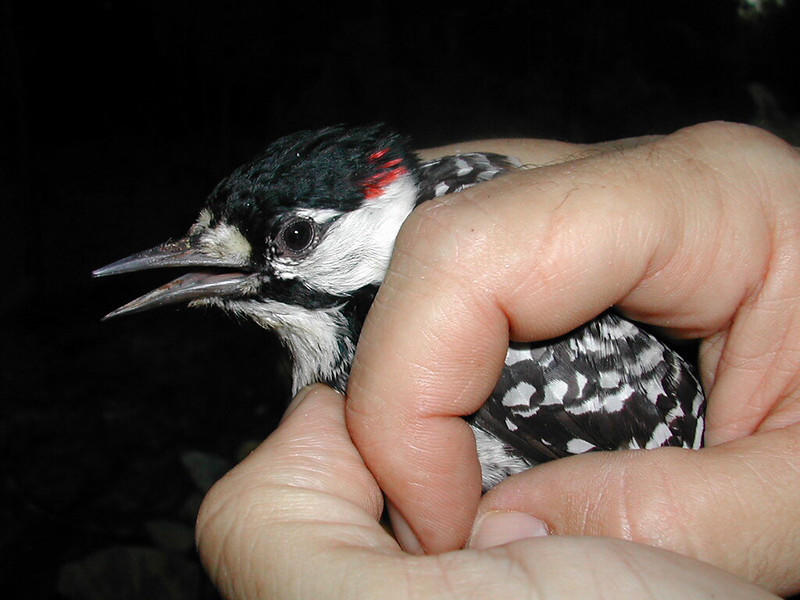
Section Branding
Header Content
Environmental regulators call for change in treatment of endangered Georgia woodpecker
Primary Content
A federally endangered woodpecker species found in Georgia could soon see fewer environmental protections — but regulators say the change is needed in order to help preserve its preferred habitat.

A federally endangered woodpecker species found in Georgia could soon see fewer environmental protections — but regulators say the change is needed in order to help preserve its preferred habitat.
The U.S. Fish and Wildlife Service announced Wednesday a new proposal on how to treat the red-cockaded woodpecker, a species endemic to the southeastern U.S. which gets its name from the males' red stripes that resemble “cockades” — ribbons popular on men's hats during the 18th and 19th centuries.
The agency is requesting to downgrade the woodpecker's protection status from “endangered” to “threatened.” Doing so, according to the FWS, would make it easier for land managers to carry out prescribed burns of open pine forests, which would help maintain the woodpecker's preferred habitat of fire-resistant longleaf pine.
“With ‘threatened’ species, we can maintain prohibitions on actions that adversely impact the species, while reducing the prohibitions on actions that provide a conservation benefit to the species,” said Aaron Valenta, a manager in the agency's Division of Restoration and Recovery, in a statement. “We need more prescribed fire to manage these large tracts of land for the species.”
Under the proposed change, the woodpecker would continue to receive protections that it currently enjoys, but with some notable exceptions: among them is a provision that would allow the military to conduct training activities that might incidentally threaten the species, and another one that would free up farmers to use potentially harmful herbicides.
Conservation groups have said that a past effort to downgrade the species to “threatened” could jeopardize well-established efforts to keep it from going extinct.
The FWS is accepting public comment on the proposed change through March 7.

